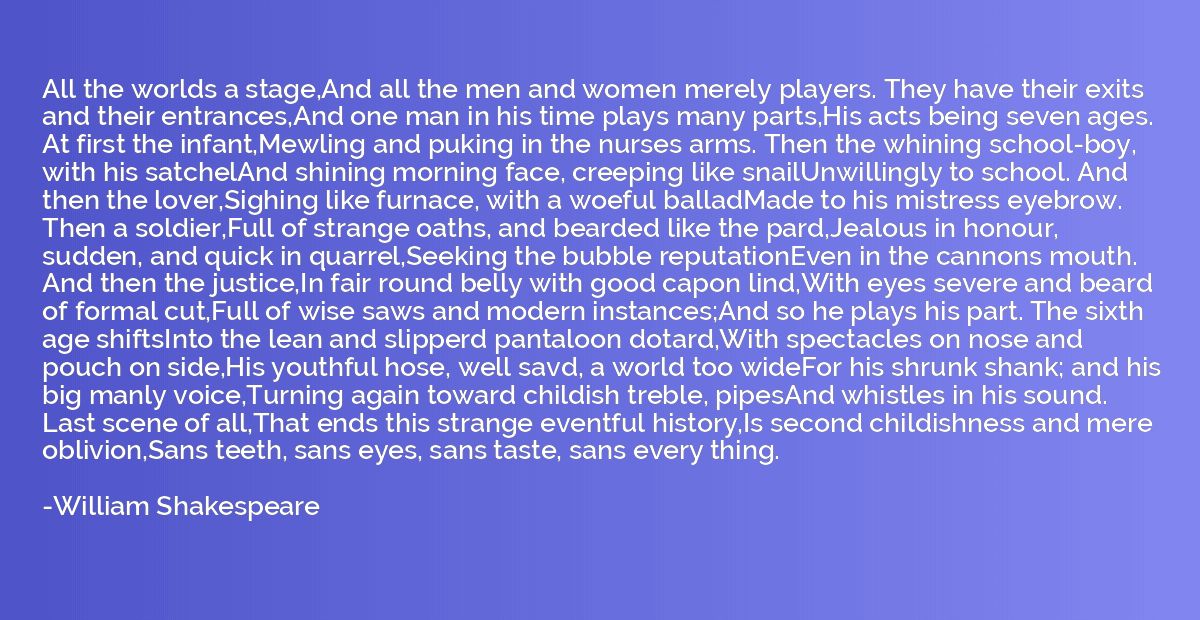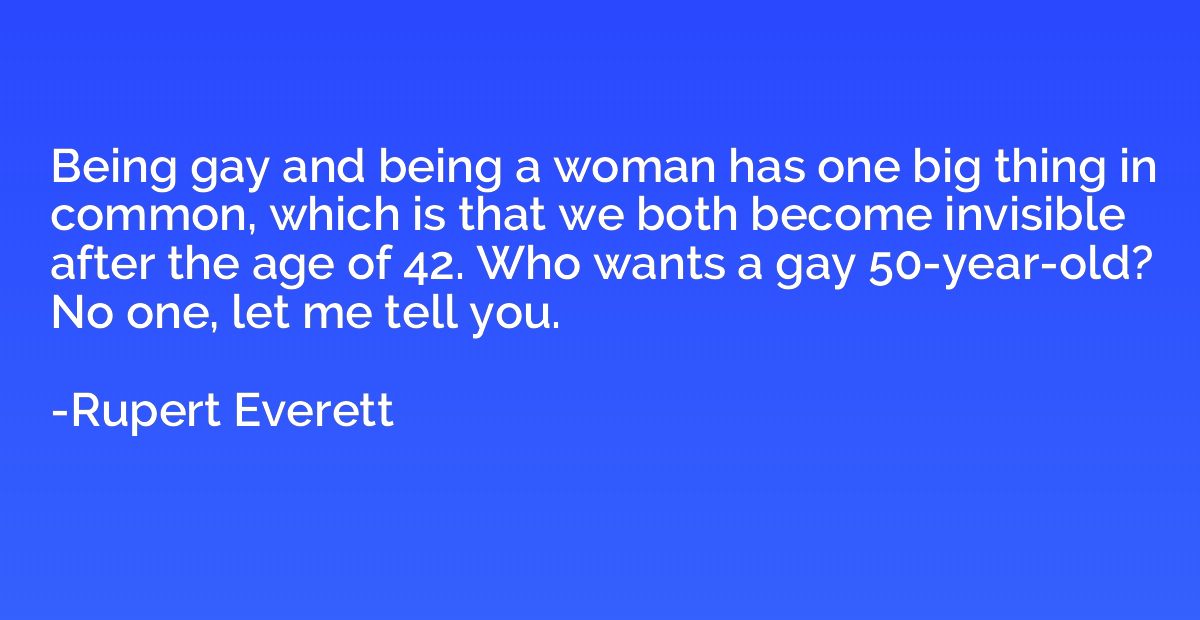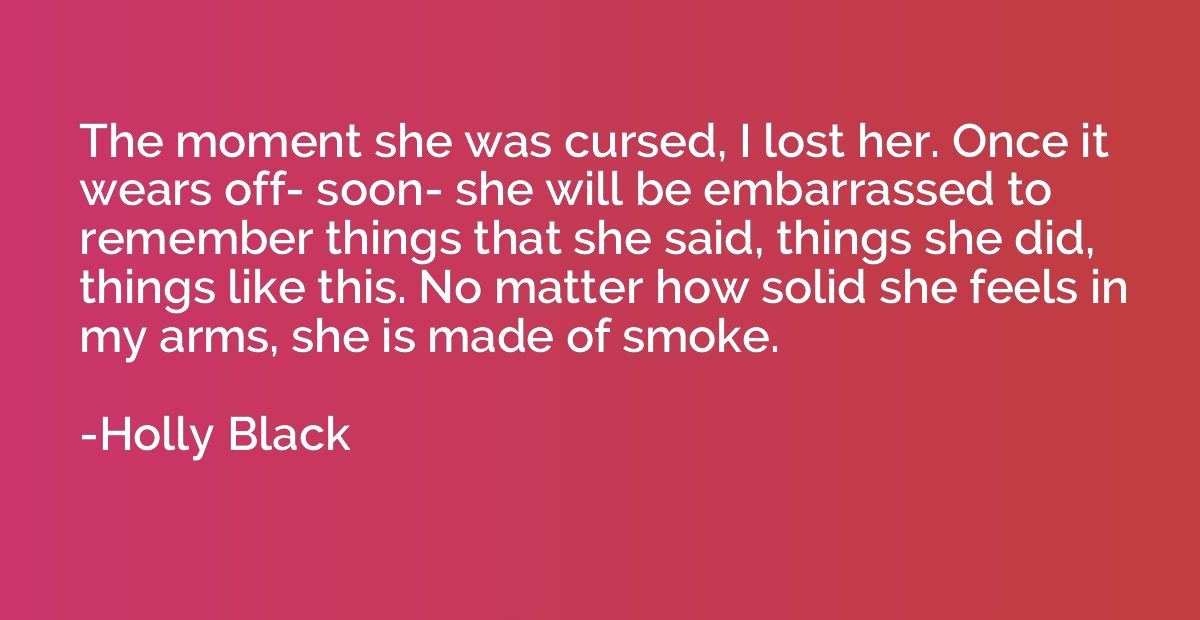Quote by William Shakespeare
All the worlds a stage,And all the men and women merely players. They have their exits and their entrances,And one man in his time plays many parts,His acts being seven ages. At first the infant,Mewling and puking in the nurses arms. Then the whining school-boy, with his satchelAnd shining morning face, creeping like snailUnwillingly to school. And then the lover,Sighing like furnace, with a woeful balladMade to his mistress eyebrow. Then a soldier,Full of strange oaths, and bearded like the pard,Jealous in honour, sudden, and quick in quarrel,Seeking the bubble reputationEven in the cannons mouth. And then the justice,In fair round belly with good capon lind,With eyes severe and beard of formal cut,Full of wise saws and modern instances;And so he plays his part. The sixth age shiftsInto the lean and slipperd pantaloon dotard,With spectacles on nose and pouch on side,His youthful hose, well savd, a world too wideFor his shrunk shank; and his big manly voice,Turning again toward childish treble, pipesAnd whistles in his sound. Last scene of all,That ends this strange eventful history,Is second childishness and mere oblivion,Sans teeth, sans eyes, sans taste, sans every thing.

Summary
This quote from Shakespeare's play, "As You Like It," presents a metaphorical view of life, comparing it to a stage and individuals to actors. It suggests that humanity is at once both insignificant and ephemeral, with people entering and exiting the stage, playing various roles in their lifetimes. The quote describes the stages of human life from infancy to old age, highlighting the different roles individuals play, such as a lover, soldier, and justice. Ultimately, it ends with the portrayal of old age, emphasizing how life ends in a state of helplessness and forgetfulness, devoid of physical or mental capabilities.














